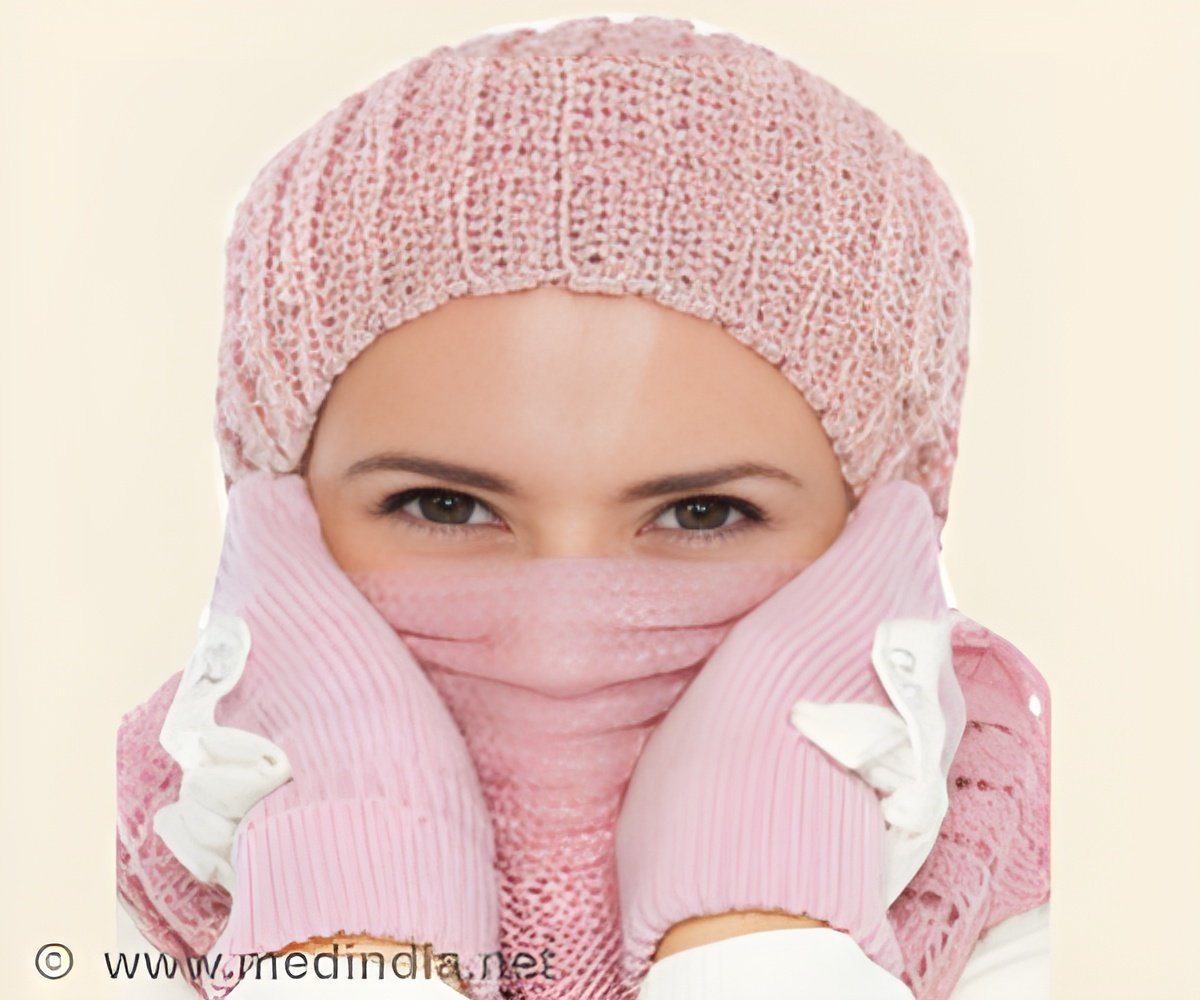
Normally, the skin is kept at a comfortable temperature thanks to blood pumping through the capillaries - tiny, branch-like blood vessels that make up our microcirculation.
But when the thermo-receptors detect cold, they react by causing the capillaries to shut down, diverting blood flow - and warmth - to the heart, lungs and other internal organs. This process is called vasoconstriction.
Incredibly, when we're cold the amount of blood flowing into the skin in the extremities can become as low as 0.02 litre per minute (the maximum rate is two to three litres per minute).
"It's the hands, face and feet that tend to be coldest and that's partly because they're exposed, but it's also because the body will sacrifice these extremities to keep the internal organs warm," Professor Tipton said.
That's why our hands turn white, and even blue, in the cold, and why those who survive extremely cold conditions lose fingers and toes to frostbite.
Advertisement
"We know from studies that if you lower people's temperatures by placing them in cold air, vasoconstriction happens more quickly in women," Professor Tipton said.
Advertisement
So even though women may feel the cold more than men, it's their skin temperature - not their core body temperature - that's colder.
This is partly down to hormones. In women, the female hormone oestrogen regulates the peripheral blood vessels; high levels of this hormone make them more sensitive to temperature.
As a result, a woman's temperature will vary during her menstrual cycle as oestrogen levels rise and fall.
It's suggested this mechanism allows a pregnant woman to ensure her baby is protected from cold, but the causes are still unclear.
The study is published in the journal The Lancet.
Source-ANI









